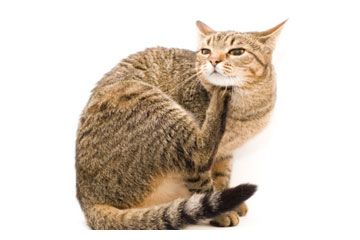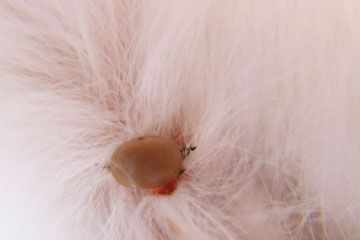Should domesticated cats be kept indoors or outdoors? This age-old debate has been hotly contested on both sides. Proponents of outdoor cats generally feel that it's not fair to the cat to keep it indoors; that cats are meant to hunt and roam free. Those who favor indoor living argue that not only do indoor cats have longer life spans -- an average of 12 years to an outdoor cat's average of 5 years -- but also, that indoor cats are perfectly happy to live inside.
So what do the experts say? Let's look at some facts. Europeans brought the domestic cat to North America a few hundred years ago. Their numbers increased rapidly, creating an overpopulation that has had devastating effects to native wildlife. Cats prey on small rodents and birds, and while you may be happy to have fewer chipmunks in your yard, the environment will suffer from the chipmunk population going down. Each creature has its place in the food chain and introducing a new predator throws it out of its delicate balance.
Advertisement
More than two-thirds of the United States bird population has declined in the last 50 years [source: abcbirds.org]. Birds serve an important role in our eco-system, helping pollinate crops, controlling pests and perhaps most importantly, warning us of impending environmental dangers.
Beyond their impact on the ecosystem, outdoor cats face a lot of danger. The No. 1 killer of outdoor cats is cars, especially at night, because the car headlights can dazzle a cat into staying in the street. Outdoor cats are also have a much larger risk of contracting kitty leukemia or Feline Immunodeficiency Virus (FIV), a disease that's comparable to HIV in humans. All it takes is a bad encounter with a cat bully who has it to get infected if your cat isn't up on its vaccinations. Cats also risk running into larger animals that are their predators, like coyotes and dogs. The upshot is that most vets and members of animal protection agencies believe that cats should be kept indoors.
Advertisement



